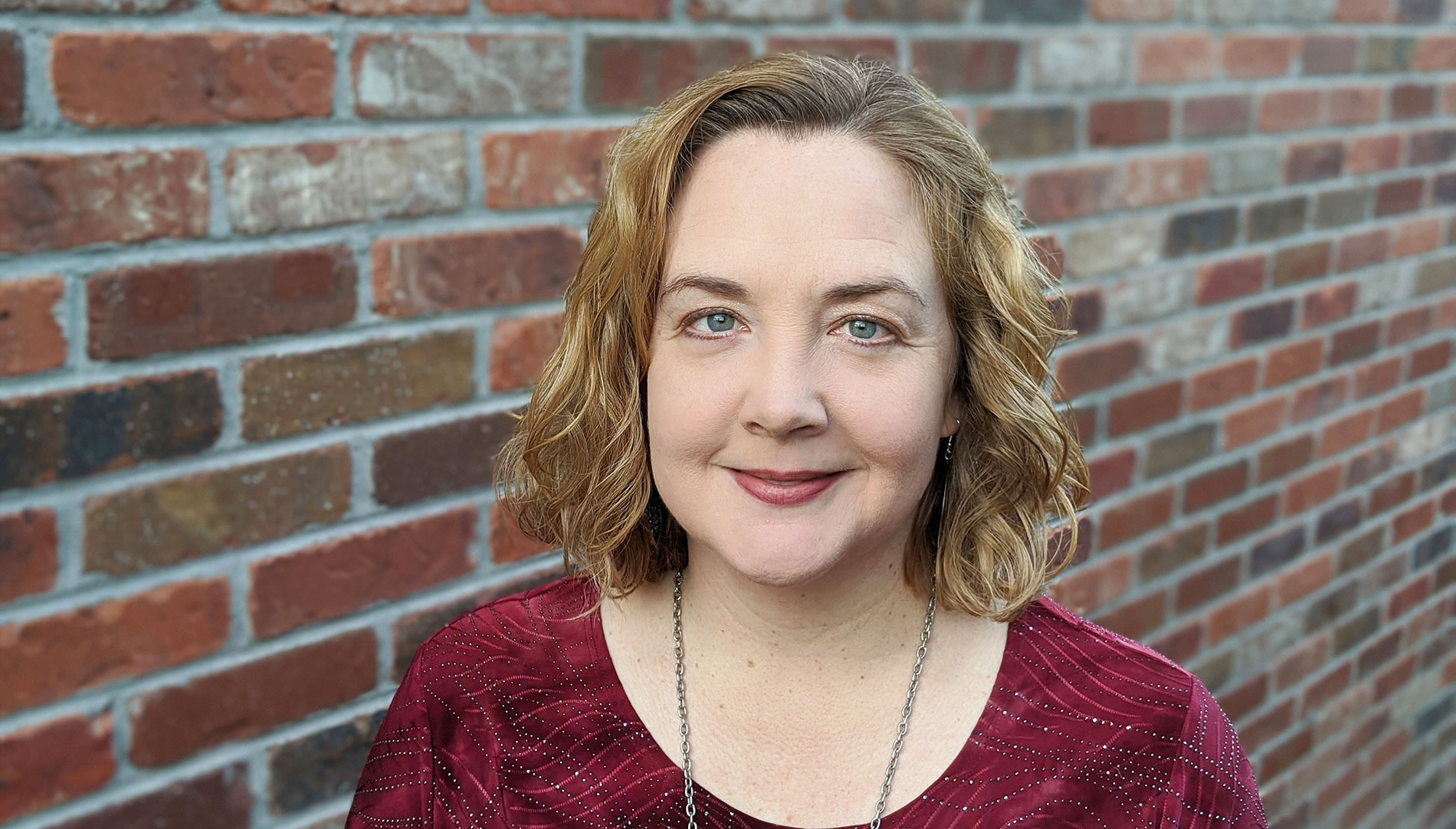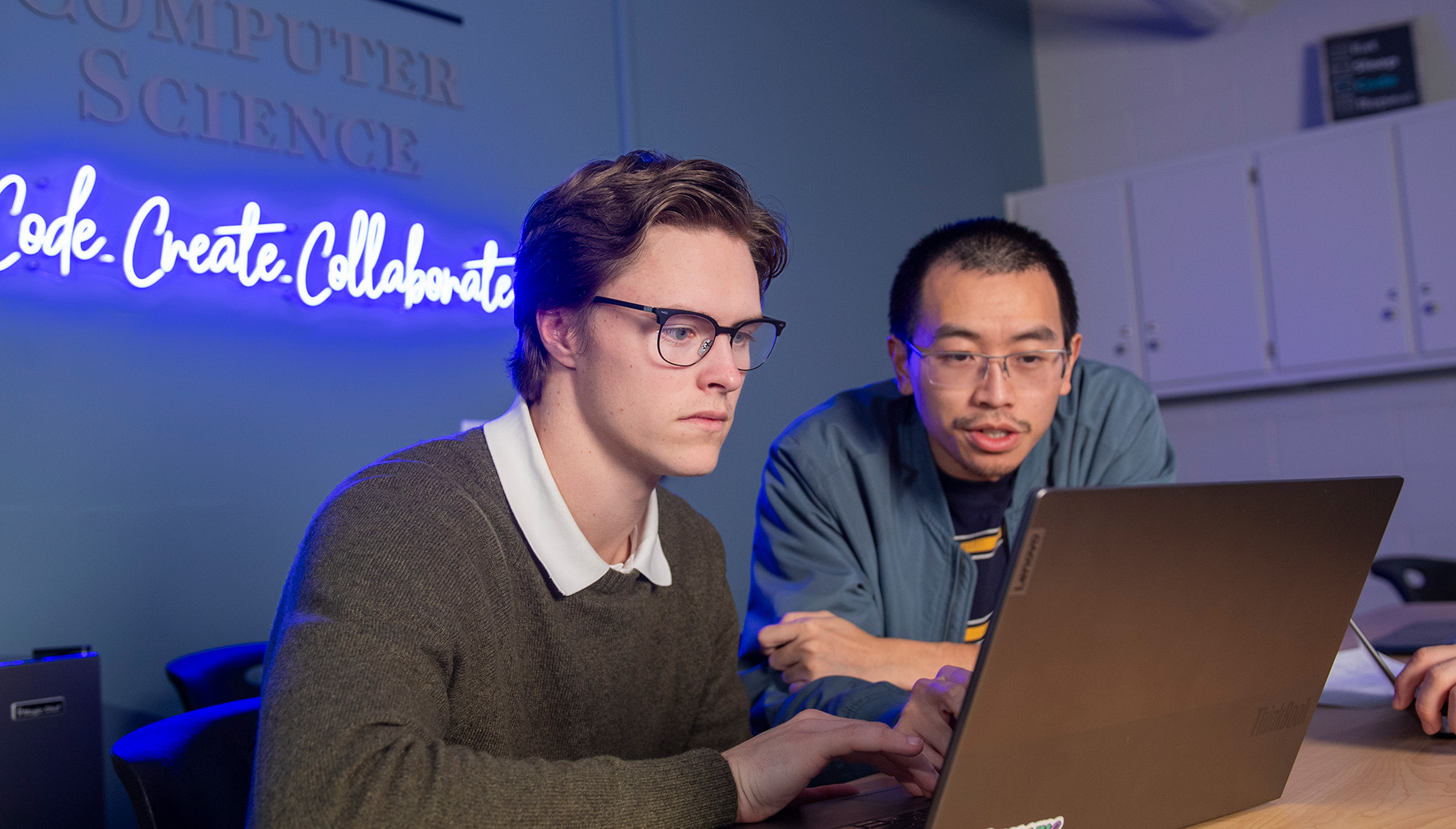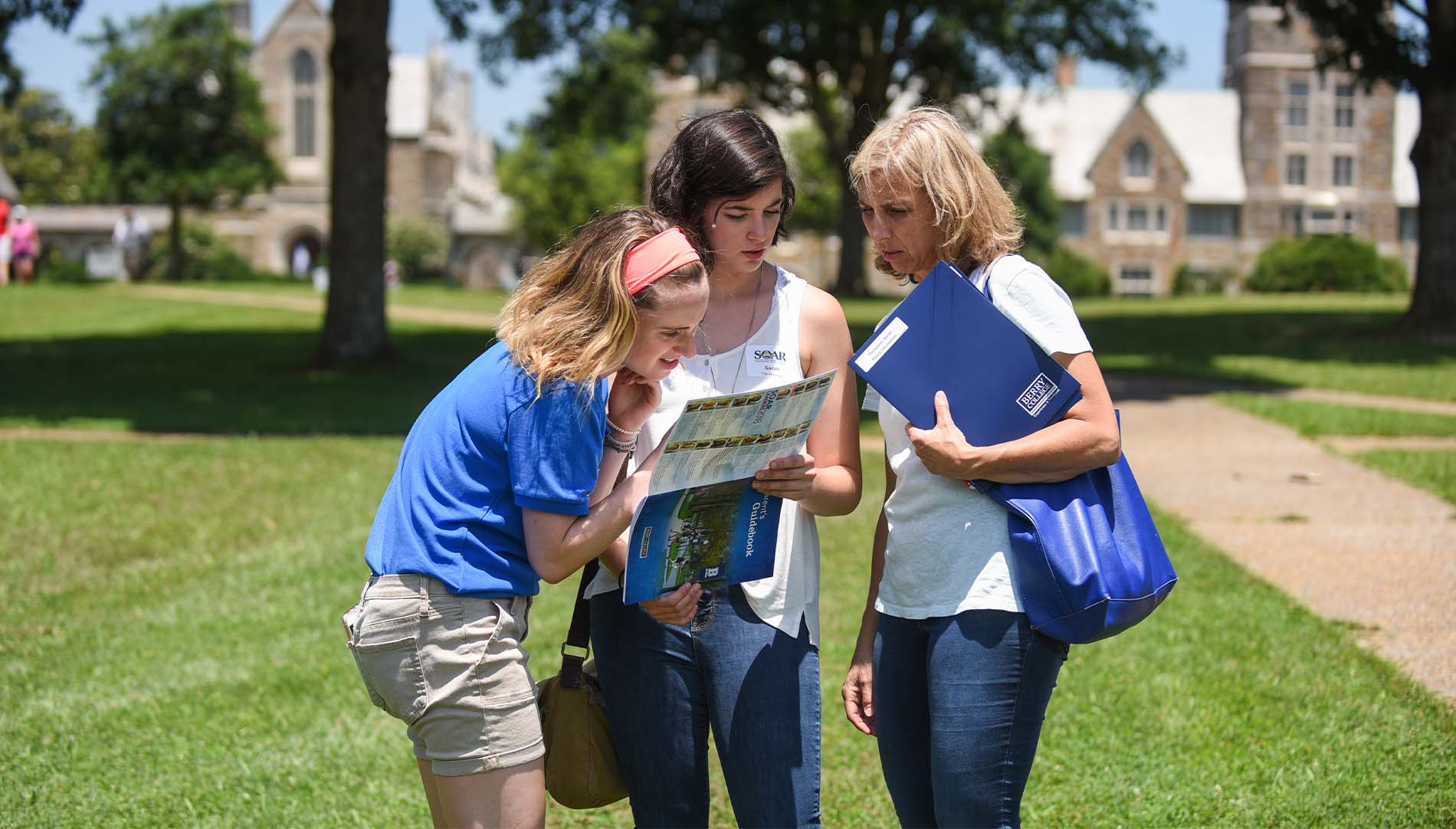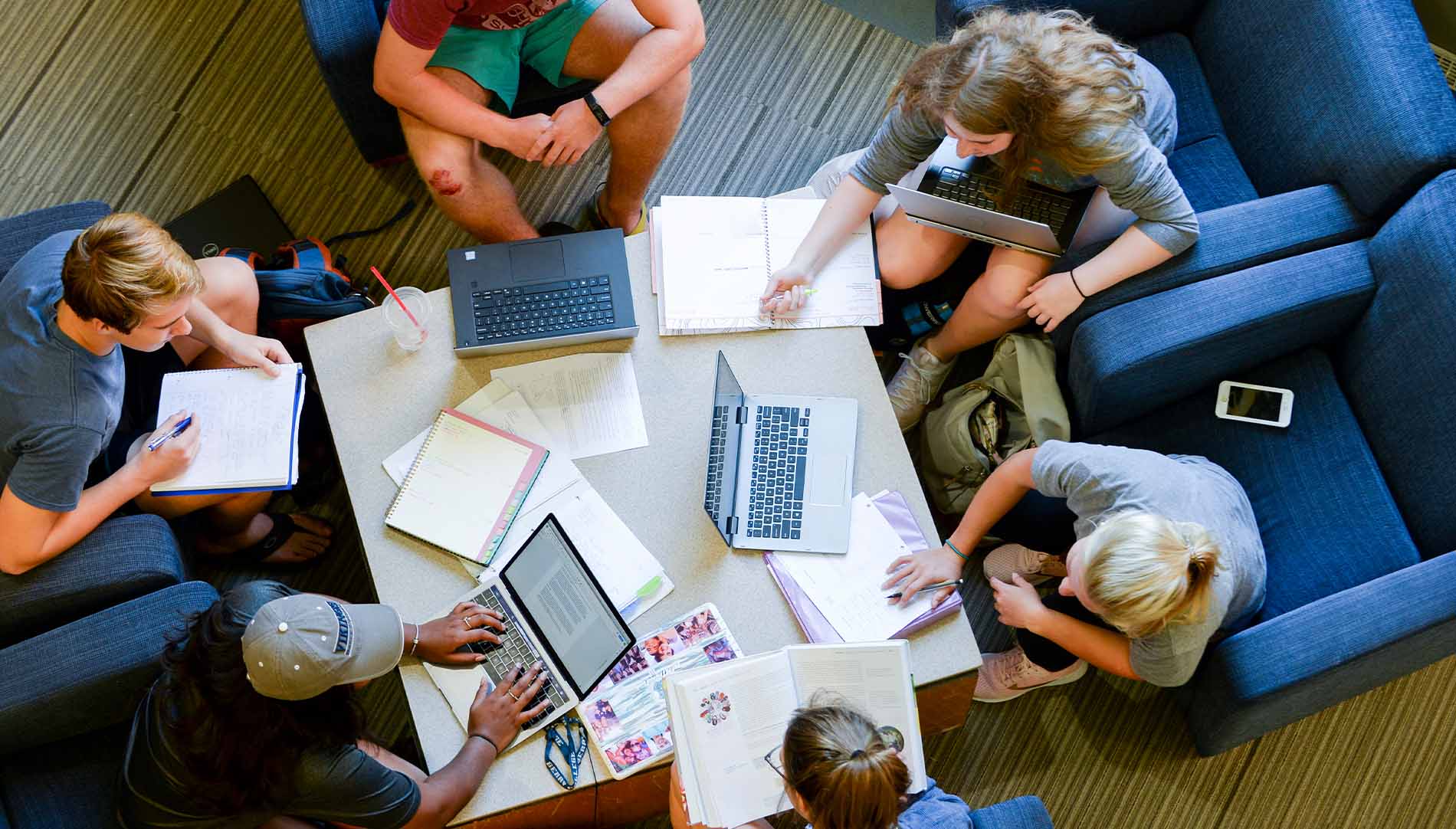After graduating from Berry in 1998, Kristy Crooks obtained her Ph.D. in neurobiology at Duke University and went on to become an assistant professor and clinical laboratory director at the University of Colorado after working in genetics for more than a decade. When the COVID-19 pandemic hit, her team was challenged to make a test for the virus in record time.
Enrolled as a dual-major in biology and German and a student in the Honors Program, Kristy stayed busy during her undergrad years, conducting research and working with faculty. “In my first summer research experience, when I finished collecting and analyzing data for my project studying natural human mummies, I had the most incredible feeling,” Kristy says.
Dana Professor of Biology Martin Cipollini and Associate Professor of Biology Christopher Mowry shaped her love for science. “More than those experiences in the lab and the field, it was the conversations we had about their research and paths to science and their teaching philosophies that influenced me,” Kristy recalls.
Dr. Cipollini built a strong relationship with Kristy. “She did her thesis research in the unique field of paleomedicine (examining ancient bones for evidence of the consumption of antibiotics in the diet and its effect on bone disease),” he says. “She helped make my early years at Berry very easy by being such a pleasure to supervise.”
Dr. Mowry agrees, “Obviously a fabulous student and one of my all-time favorites. We are very proud of her scientific achievements, and it is not at all surprising.”
After graduate school, Kristy worked her way up to her current position at the University of Colorado where she is an assistant professor in the department of pathology as well as the director of the Colorado Center for Personalized Medicine Biobank Laboratory, the heritable disease section director in the Colorado Molecular Correlates Laboratory and the director of the Laboratory Genetics and Genomics Fellowship.
Before COVID-19, Kristy’s work primarily focused on routine testing in clinical genetics — providing genetic diagnosis for diseases like Huntington’s and cystic fibrosis, and for diagnosis and prognosis in cancer. When the pandemic started, her lab was asked to develop a test for COVID-19.
She and her colleagues worked 15- to 18-hour days for eight days straight to validate the new test. Normally, test validation for that level of complexity takes four to eight weeks, but working under new FDA guidelines, Kristy and her team were able to launch quickly. “I haven’t personally been at the lab bench in many years,” she says, “but for this project, I needed to, and I was glad to do it.”
Days in the lab look a bit different, as three non-overlapping teams take turns coming into work, wearing personal protective equipment and wiping down surfaces multiple times throughout their shifts.
Kristy says the preparation she received at Berry and Duke made the difference in facing this moment in history: “Most of the technical and scientific skills I’ve needed are ones I learned during my Ph.D. and clinical fellowships, but many of the soft skills — compassion when my students and staff are struggling, motivation to work harder when the stakes are high, remembering to listen to every voice in the room, even when I already think I’m right — are things I started building at Berry.”
View more stories of how the Berry community is responding to Covid-19 and learn how you can make a difference at ALWAYSBERRY.COM



